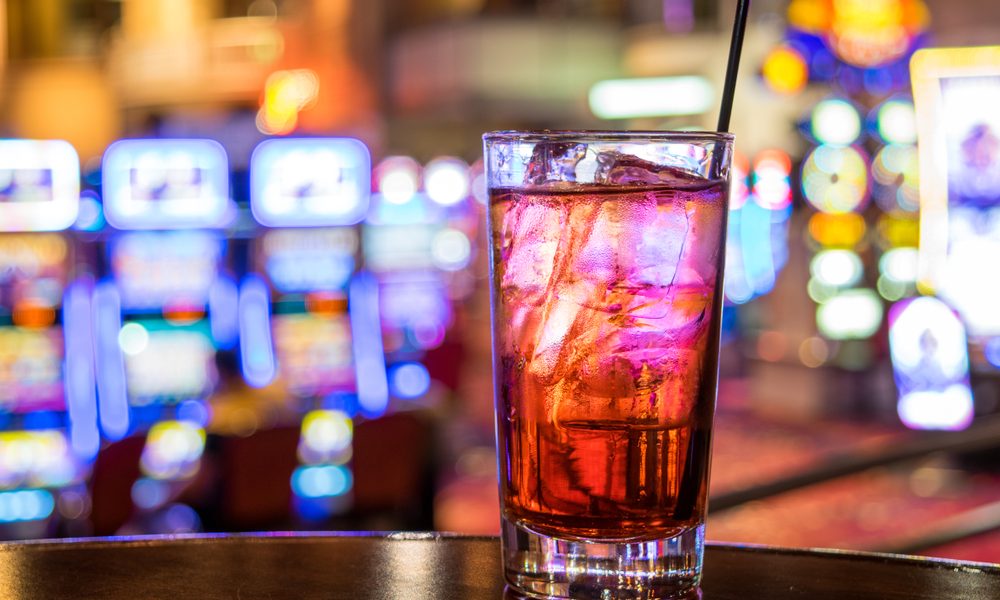Admittedly, reading interrogatories isn’t a great way to handicap a lawsuit.
Although slightly more accurate than reading tea leaves, the legal questions and answers served and volleyed in most litigations are most often pretty predictable. But I have to say that those surfacing in the case of the high roller who claims he was drugged while gambling at the MGM Grand in Las Vegas are intriguing nonetheless.
The pointed inquiries and responses by attorneys for multimillionaire gambler Dwight Manley and the casino giant make for entertaining reading. Perhaps the most certain takeaway is that Manley remains quite serious about pressing on with his damning lawsuit and the attorneys for MGM Resorts International are just as adamant that his claims are bereft of evidence.
Manley had a three-decade-long relationship with MGM in December 2021 when, at the company’s invitation, he brought a few friends to Las Vegas to gamble and play in a poker tournament. He received the rarified service high-end players expect: a flight from southern California on a private jet, lavish service, and the best the MGM Grand’s exclusive Mansion has to offer.
That’s what big-spending friends are for, right?
After arriving on property in the early afternoon, real estate magnate Manley wasted no time before hitting the blackjack table in the VIP gaming salon. The drinks began flowing, and the high roller recalls immediately noticing a bitterness in his Old Fashioned cocktail. It was replaced. Over the next three hours, several more were served.
In the course of play, his high credit line was raised multiple times to $3.5 million, much of which he proceeded to lose in a state of instability that attracted the attention of security. At one point, Manley broke an ashtray and cut his hand, the blood staining the table. He was moved to another table and kept playing.
By the time he departed, he could barely walk and soon began to suspect he’d been drugged. In his litigation, brought by veteran attorneys Paul Hejmanowski and Charles McCrea, Manley claims he soon began to suspect there was something other than booze in the cocktail, specifically the drug ketamine. In the days to come, a test of Manley’s hair was positive for ketamine.
The lawsuit drew plenty of media attention when it was filed, but has gone noticeably quiet during the discovery phase, with no shortage of speculation about who might be called into a deposition.
Setting aside the question of whether Manley, in the state he was in, should have been allowed to play, his interrogatory pointedly asks to be provided information about other MGM Grand patrons who have been “unknowingly drugged” in the course of their stay there in recent years.
“In the vernacular, the persons within the scope of this interrogatory would include, but not be limited to, all persons claiming that they had been served a ‘spiked drink’ while on Defendants’ premises, causing changes to the person’s nervous system resulting in alteration of perception, mood, cognition, and/or behavior,” one document reads.
The company’s response via attorneys Lawrence Semenza III and Katie Cannata: “MGM further objects to this request on the grounds that documents being sought are unproportional to the needs of this action and have no bearing on the parties’ respective claims and defenses, particularly since Plaintiff has failed to produce any evidence indicating that he was ‘drugged’ at MGM’s property on December 10, 2021.”
It will be instructive one day to read the company’s policies on the subjects of alcohol service and the granting of credit. What MGM’s casino-marketing personnel have to say should also shed light on Manley’s play and usual behavior during his many trips to the resort. In addition, I’d like to hear the observations of the employees who were on duty that night. Did they express concern about Manley’s erratic behavior?
One of those who might be a wealth of knowledge is MGM president of casino marketing Justin Manacher, who must be busy these days, as the company has come under fire for catering to illegal bookmaker Wayne Nix in a scandal that has already cost a top casino executive his job. That federal investigation, which resulted in MGM Grand and the Cosmopolitan agreeing to pay a total of $7.45 million in fines as part of a non-prosecution agreement with the Department of Justice, continues to expand.
One question not in the interrogatories comes directly from my place in the cheap seats of this lawsuit. If, as stated, Manley had a 31-year relationship with MGM Grand, presumably most of that as a high roller capable of dropping $1 million in a visit, why did casino management let this disagreement with such a good customer get so far out of hand?
For now, with neither side offering its legal strategies for public consumption, we’re left with little more than tea leaves and far more questions than answers.


